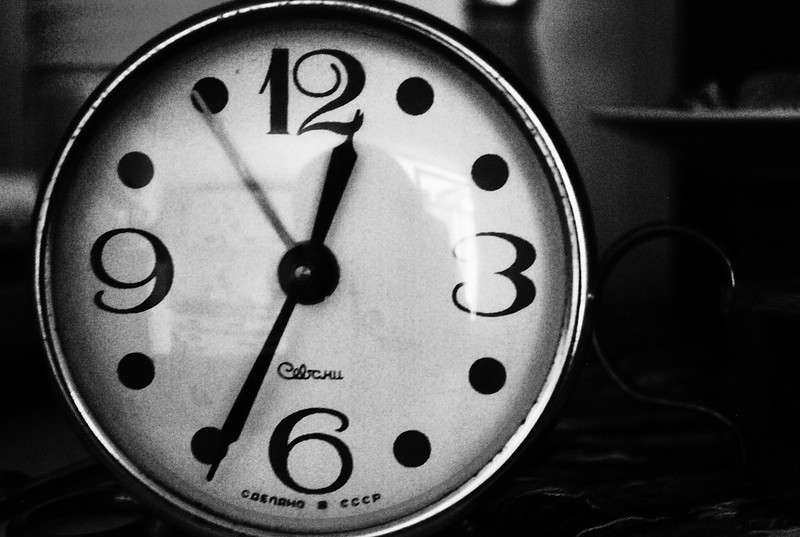
The Alzheimer’s Society has warned that people with dementia may struggle when the clocks change on 30 October.
For the 2,000 people in Brighton and Hove who have been diagnosed with Alzheimer’s, the time change may cause dissociation, confusion and distress.
Darker winter mornings may cause disrupted sleep for those with dementia, as some are unable to tell the difference between 6am and 6pm.
Shorter days may also bring forward a “sundowning” effect, where behaviour becomes more intensely distressed or confused in the later afternoon or towards the end of the day.
Professor Naji Tabet, director of the Centre for Dementia Studies at the Brighton and Sussex Medical School (BSMS) said that for dementia patients, this change can add another confusion to the many challenges they face.
Prof Tabet said: “We know that sundowning is an important issue for people with dementia and people with dementia tend to be more confused in the dark.
“While sundowning will be there in winter and summer, it’s likely to occur earlier in winter with the clock going back as it becomes darker earlier.
“The challenge is longer dark hours in late autumn and winter.
“No doubt about it, a patient with dementia does confuse day and night. They wake in the middle of the night, thinking it’s day and get dressed and go outside.
“Anything that might help, like regular activity, is worth doing. Engagement with the person, continual orientation, and reminders will help.
“The daylight cycle will add to an ongoing confusion. It’s not the only confusion people face – they’re confused about people, they’re confused about what’s happening during the day as well as what’s happening during the night.”
Useful tips to help people with dementia cope with the clock change include having a routine in the day and at bedtime to regulate a person’s disrupted body clock.
Regular activities at the same time each day, like a walk after breakfast, can help a person with dementia make sense of the time.
Going outside in the morning can help set a person’s body clock too, making them feel sleepier during the evening.
If the person is unable to go outside, the same effect can be created by switching on a lamp or lightbox.
The Alzheimer’s Society’s online shop also sells various ‘day and night’ clocks which have all the features of a traditional clock, but also include simple day and night visual symbols.
Elizabeth Taylor, Alzheimer’s Society area manager for Sussex said: “For the majority of people, the annual daylight-saving clock change is simply met with a light-hearted shrug and a set reminder to identify all the clocks you own to wind back an hour.
“While it can be a minor nuisance for the majority of people, for those living with dementia it can trigger anxiety, confusion and irritability.”
Prof Tabet also said that sleep disturbances, like the ones associated with clock changes, reflect the complex relationship between sleep and dementia.
Prof Tabet said: “We have carried out initial research which says there is a relationship between sleep and your cognitive ability the next day.
“While this is obviously common sense that if you have a bad night, you are not as sharp the next day, we were able to prove it with people who have mild cognitive impairment and mild dementia.
“We want to do more to understand this connection and the reason behind it.
“Poor sleep is a consequence of dementia, a symptom of the illness, but some research shows that poor sleep can be a risk factor for developing dementia later on.”









Daylight savings need to come to an end. Winter time or GMT or UTC+/-0 should be the permanent one.
So not a warning “to” but a warning “about”